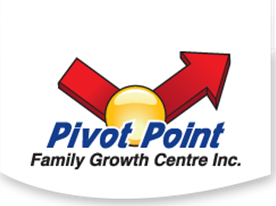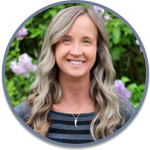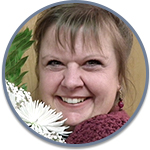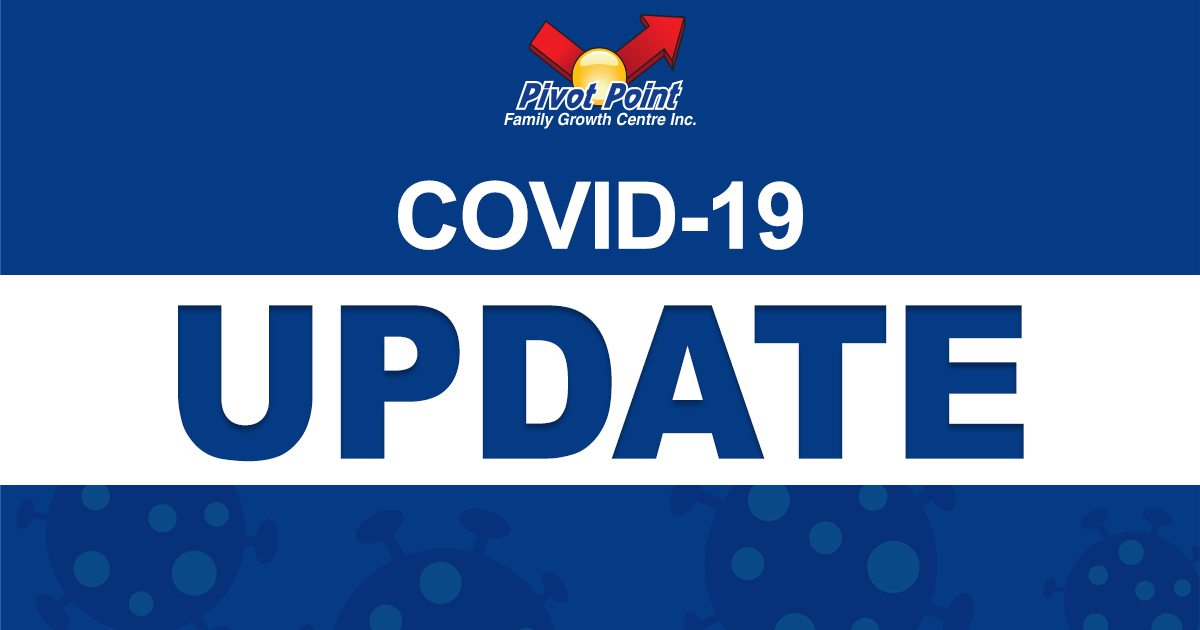Neurodiversity: A Journey of Understanding, Acceptance, and Untapped Potential
February 28, 2025

 |
By: Pivot Point Family Growth Centre |
Embracing Differences: A Path to Awareness, Inclusion, and Unlocked Potential
For decades, society operated under the assumption of a “normal” brain – a neurotypical standard that dictated how people should think, behave, and learn. Anyone differing from this norm faced misunderstanding, marginalization, and often, a complete lack of support. Today, we’re increasingly recognizing that cognitive differences are a natural and valuable part of the human experience. This understanding is called Neurodiversity.
Neurodiversity acknowledges that neurological variations, such as autism, ADHD, dyslexia, dyspraxia, Tourette’s syndrome, and others, are not deficits or diseases but rather different ways of processing information. It reframes these differences as natural variations, just like diversity in race, gender, or culture.
A Kaleidoscope of Minds: The Many Forms of Neurodiversity
Neurodiversity encompasses a broad spectrum of neurological profiles. It’s crucial to move beyond stereotypical portrayals and appreciate the individual strengths and challenges associated with each.
- Autism Spectrum Disorder (ASD): Characterized by varying degrees of social communication and interaction challenges, alongside restricted and repetitive behaviors or interests. Individuals with ASD often possess exceptional skills in areas like pattern recognition, attention to detail, and logical thinking: Which offers a compelling clue that underlying brain performance differences are at play. These are NOT learned behaviours or skills.
- Attention-Deficit/Hyperactivity Disorder (ADHD): Impacts attention, focus, impulsivity, and hyperactivity. People with ADHD often exhibit remarkable creativity, hyperfocus on topics of interest, and an ability to think outside the box.
- Dyslexia: Primarily affects reading, spelling, and writing skills despite adequate intelligence. Individuals with dyslexia frequently display exceptional spatial reasoning, problem-solving, and storytelling abilities.
- Developmental Coordination Disorder: Impacts motor skills, coordination, and organization. While individuals with DCD (sometimes referred to as dyspraxia) might face physical challenges, they can demonstrate strong perseverance, adaptability, and problem-solving skills.
- Tourette’s Syndrome: Involves repetitive movements or vocalizations (tics). Beyond tics, people with Tourette’s often exhibit heightened creativity, quick wit, and an ability to think associatively.
- Anxiety & Depression: While not always classified solely as neurodevelopmental, anxiety and depression frequently co-occur with neurodivergent conditions, significantly impacting an individual’s overall well-being and daily functioning. Neurodivergent individuals may experience anxiety and depression due to societal pressures, sensory sensitivities, social challenges, or difficulty regulating emotions. Support and understanding are crucial to address these mental health concerns within the context of neurodiversity.
Past Challenges, Present Progress: A Historical Perspective
Historically, neurodivergent individuals have faced profound challenges, often being misdiagnosed, institutionalized, or simply excluded from full participation in society. Labelling them as “disabled” or “deficient” obscured their unique capabilities and created systemic barriers in education, employment, and community life.
In the mid-20th century, increased awareness sparked progress, with advocacy movements and pioneering researchers challenging deficit-based models and championing understanding and acceptance. However, even with increased recognition, significant obstacles remain. Many communities still struggle to ensure access to high-quality, evidence-based information and support services for neurodivergent individuals and their families. This includes a continued need for readily available and consistent resource information from governmental and community sources. Pivot Point Family Growth Centre remains deeply committed to bridging this gap, striving to provide accessible and reliable support to families, advocating for accurate and helpful access of information throughout our reach.
The Importance of Neurodiversity Week and Early Detection
Neurodiversity Celebration Week, observed annually, serves as a crucial reminder of the need to continue growing awareness, understanding, and acceptance of neurological differences. It provides a dedicated platform to highlight the strengths and talents of neurodivergent individuals, challenge stereotypes, and advocate for inclusive practices in all areas of life. The increased dialogue sparked by Neurodiversity Week is essential because early detection is now understood to be paramount in helping neurodivergent children reach their full potential and live their best lives. By identifying unique needs and strengths early on, we can provide targeted support and interventions that empower them to thrive academically, socially, and emotionally.
Today, awareness of neurodiversity has significantly increased. Many schools, workplaces, and communities are striving to create more inclusive environments. There’s a greater emphasis on individualized learning, accommodations, and support services tailored to meet the specific needs of neurodivergent individuals. Companies are starting to recognize the valuable contributions of neurodivergent employees, actively seeking to recruit and support their talents.
However, despite this progress, significant challenges remain.
- Stigma and Misunderstanding: Neurodivergent individuals continue to face discrimination and judgment due to lingering misconceptions about their capabilities and potential.
- Lack of Adequate Support: Access to appropriate educational, therapeutic, and social support services remains unevenly distributed.
- Overemphasis on “Curing” or “Normalizing”: There is still a tendency to focus on “fixing” or “curing” neurological differences rather than embracing and supporting individuals as they are.
- Intersectionality: Neurodivergent individuals who also belong to other marginalized groups (e.g., racial minorities, LGBTQ+ individuals) often face compounded challenges and systemic barriers.
- Masking and Camouflaging: Societal pressure often forces neurodivergent people to hide their differences or “mask,” which can lead to burnout, anxiety, and a loss of their authentic selves.
The Path Forward: A Collective Responsibility
Moving towards true inclusion and acceptance requires ongoing effort from individuals, communities, and institutions. Key steps include:
- Education and Awareness: Continue to educate ourselves and others about neurodiversity, challenging stereotypes, and promoting accurate understanding.

- Advocacy and Empowerment: Support the self-advocacy efforts of neurodivergent individuals and create spaces for their voices to be heard.
- Inclusive Environments: Promote inclusive practices in education, employment, and social settings, providing adaptations and support tailored to individual needs.
- Focus on Strengths: Recognize and celebrate the unique strengths and talents of neurodivergent individuals. Shift the focus away from disability and toward diverse abilities.
- Embrace Differences: Foster a culture of respect and appreciation for neurological variation. Understand that differences are not deficits, and diversity is a strength.
The journey toward true inclusion is an ongoing process. By fostering empathy, understanding, and acceptance, we can create a society where neurodivergent individuals no longer face barriers but are celebrated for their unique gifts and contributions. Let us continue to champion understanding and acceptance, building a brighter future for all.
Join Pivot Point Family Growth Centre in building a more inclusive future! For over 21 years, we’ve been committed to serving individuals with Autism and Diverse Abilities and their families throughout BC. Learn about our unique approach to social services and explore our seven main Program Areas by visiting our About Us page. Together, let’s create communities where everyone belongs.



 Ontario Regional Manager
Ontario Regional Manager

 Complex Care Program Manager
Complex Care Program Manager Adult Services & Transition Planning Program Manager
Adult Services & Transition Planning Program Manager



